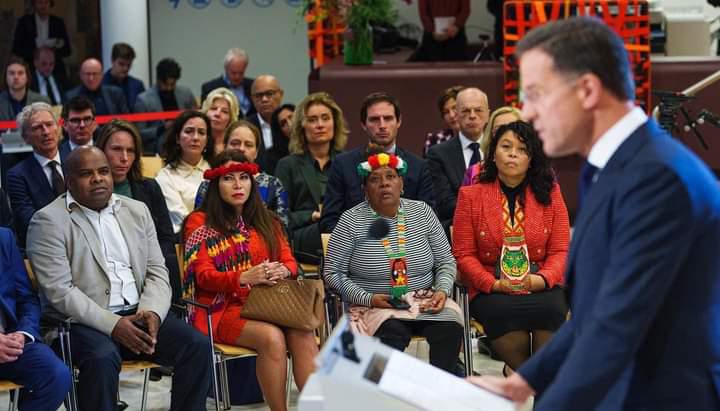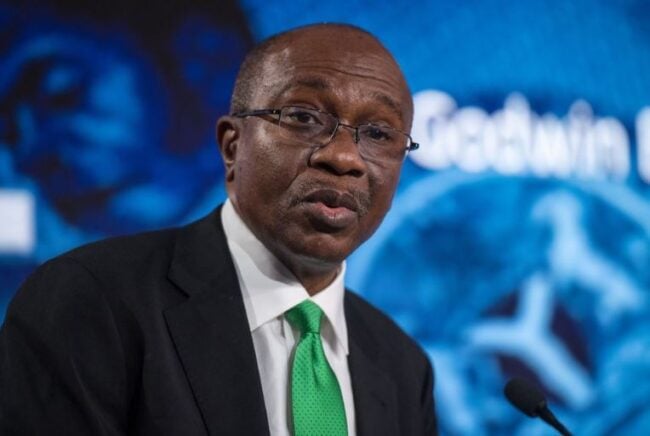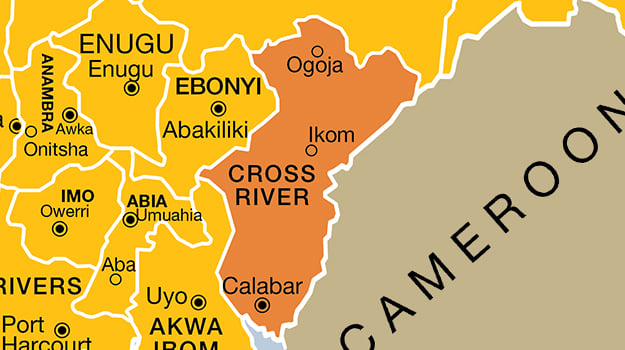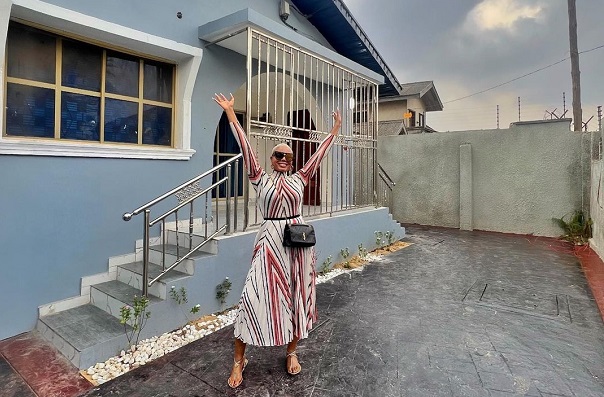Photo: President-minister/Facebook
The Netherlands has apologised to its former colonies for its historical involvement in slavery and the effects that have persisted into the present.
Between 1596 and 1829, the Dutch transported about half a million Africans across the Atlantic.
The Dutch also shipped about hundreds of thousands of Africans to their settlements in Dutch Guiana, notably Suriname, where they worked primarily on sugar plantations.
The Netherlands banned the slave trade in the 19th century.
Advertisement
In a televised speech on Monday, Mark Rutte, the Dutch prime minister, expressed regret and described the country’s role in slavery as “a crime against humanity”.
“Today, I apologise. For centuries, the Dutch state and its representatives have enabled and stimulated slavery and have profited from it,” Rutte said.
“It is true that nobody alive today bears any personal guilt for slavery. However, the Dutch state bears responsibility for the immense suffering that has been done to those that were enslaved and their descendants.
Advertisement
“We, living in the here and now, can only recognise and condemn slavery in the clearest terms as a crime against humanity.”
The announcement followed a recommendation from a Dutch advisory panel in 2021, asking the government to acknowledge that the 17th-19th century transatlantic slave trade amounted to crimes against humanity, and to apologise for the Dutch role.
The apology also comes amid a wider reconsideration of the country’s colonial past, including efforts to return looted art, and its current struggles with racism.
However, countries like Suriname, a former colony, have rejected the apology saying it should have come from King Willem-Alexander on July 1, 2023 — the 160th anniversary of Dutch abolition of slavery.
Advertisement
Add a comment






